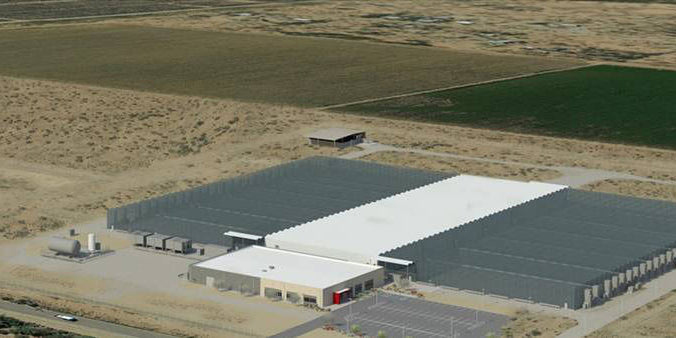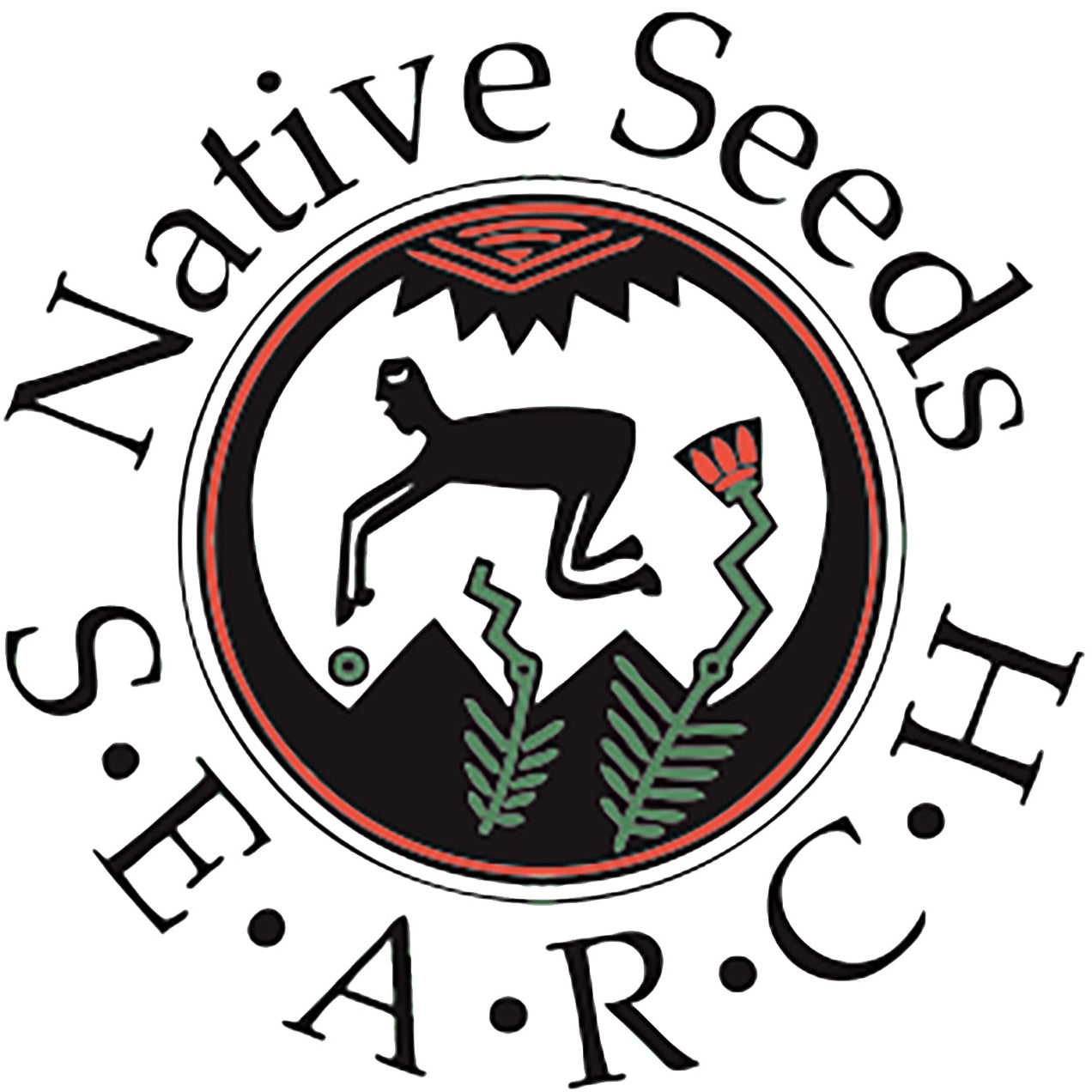
Published November 18, 2016. UPDATED January 4, 2017.
Multinational biotech seed company Monsanto has announced plans to expand operations in Pima County. Currently plans are to establish a 7-acre greenhouse for corn and soybean research in Avra Valley, southwest of the Marana Regional Airport, where land has been purchased. According to reporting in the Arizona Daily Star, Monsanto and Pima County began discussions in March 2016 regarding economic incentives, and according to other media sources, the University of Arizona’s Controlled Environment Agriculture Center (CEAC) has been working with Monsanto for more than a year to provide research assistance for the project.
Native Seeds/SEARCH joins with other community organizations, local farmers and food advocates that have expressed concerns about Monsanto’s plans in Pima County. While we realize that it may be difficult, if not impossible, to stop Monsanto from moving forward with its planned operation, we strongly support the County’s promise to convene a citizen’s task force of farmers, local food economists, crop breeders, weed scientists, and ethicists to fully review and critique Monsanto’s plans on behalf of the Board of Supervisors on an ongoing basis. We also encourage the Board of Supervisors to reconsider the tax incentives as part of the Foreign Trade Zone which is intended to promote reciprocal foreign trade with Mexico.
One of the core values of Native Seeds/SEARCH is that we believe all farmers and gardeners have the right to save and share seed. Central to our mission to protect and preserve arid-adapted seeds from our region is the promotion of open-pollinated seed varieties, empowerment of seed saving at all levels of food production through education, and the belief that food security depends upon strong crop biodiversity. Native Seeds/SEARCH has signed the Safe Seed Pledge by the Council for Responsible Genetics, which asserts we “do not knowingly buy, sell or trade genetically engineered seeds.”
We have received many inquiries from our supporters to ask what they can do and how the Monsanto plans impact our operations and seed saving in the area.
What You Can Do
- Call your District Supervisor or Attend the Pima County Board of Supervisors meeting on Tuesday, November 22 at 9 AM at 130 West Congress Ave. At this meeting the Board will vote to expand the Free Trade Zone thereby giving tax incentives for the project. A list of Supervisors and their address and phone numbers can be found here.
- Save and share seeds.
- Support organizations that protect and promote agricultural seed diversity, such as Native Seeds/SEARCH.
Can Seeds Grown in Pima County Still be Saved?
Yes. If the Monsanto plans for the research facility in Pima County move forward, people can absolutely continue to save seeds in the Pima County area. In fact, saving and sharing seeds is one of the biggest actions people can take against the corporate ownership and takeover of seed resources by companies, including Monsanto.
Currently the plans are for research within a greenhouse setting, which should limit the exposure of Genetically Modified (GM or GMO) and conventional hybrid seeds to the outside. There are, however, still concerns for those growing within the local area of the facility as pollen could escape the greenhouses via insect and airborne pollen dispersal and unknowingly cross-pollinate with other crops in the area. Corn is a wind-pollinated plant, which means that it produces an abundance of pollen at the tassel that can float onto silks to facilitate fertilization or the formation of kernels. A majority of the pollen will land within a few feet of the source but its pollen can also be carried by wind currents and has been documented to disperse up to several miles from the origin plant. Soybeans are self-pollinating and the movement of pollen from the origin plant is rare, but can occur via insects. Recently the Arizona Daily Star quoted Kyle Smith, a Monsanto breeding leader, describing the greenhouse as having covered roof vents with mesh tight enough to keep insects and corn pollen from escaping.
It is unlikely for unsolicited genes from the Monsanto crops to interact with open-pollinated crops based on the size of the currently proposed operation, greenhouse growing plans, and proposed crops. However, the plans for the facility may change in the future.
A majority of the seeds distributed by Native Seeds/SEARCH are produced at our Conservation Farm near Patagonia, Arizona. This farm is located in a valley surrounded by mountains. While the local community has a growing gardening and seed saving movement, there is little threat from large-scale industrial agriculture in the immediate area, and virtually no potential for GM or hybrid seeds to cross-pollinate with crops from the NS/S collection. Additionally, a majority of the NS/S collection was obtained before the introduction of GM technology and before hybrid seeds were common within the communities where seeds originated. Therefore the presence of GM or hybrid genes within the collection is unlikely and has not been documented in any tests.
To learn more about seed saving, we encourage you to visit our website, read Saving Seeds in the Southwest, or attend one of our workshops. Our staff is always open to assist you with your seed saving questions and goals. Visit us at our Retail Shop in Tucson or email us at info@nativeseeds.org.
UPDATE January 4, 2017
The Pima County Board of Supervisors decided at the November 22 meeting to delay a vote on potential tax breaks until February 21, 2017. A series of community meetings have been scheduled in each district of Pima County to provide information and are an opportunity for the county to receive public comments about the proposed Monsanto project. Details about the community meetings can be found here. The website also includes more details about the project, proposed tax incentives for inclusion in the Foreign Trade Zone, as well as details about the newly established Pima County Agricultural Science Advisory Commission. The Commission will monitor the Monsanto site and evaluate the effectiveness of agricultural technology in meeting food sustainability objectives and any adverse effects of operations at the site. The Commission includes Dr. Gary Nabhan, co-founder of Native Seeds/SEARCH.
